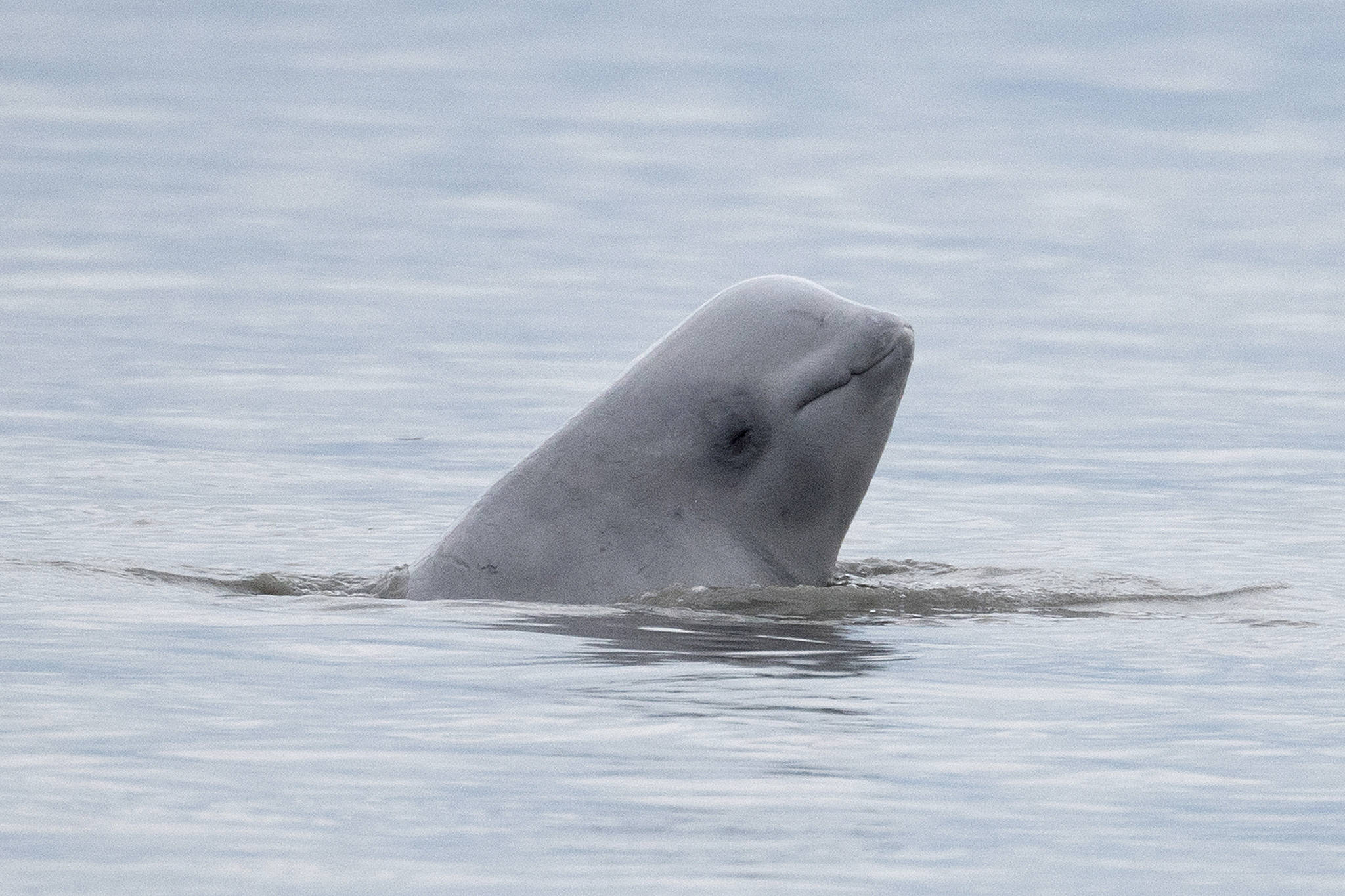As the fishing season hit its stride this summer, Alaska Department of Environmental Conservation Commissioner Jason Brune sent a letter to commercial fishermen about the hazards of dumping raw sewage close to shore.
And while sewage management — especially on smaller boats — can be a challenge, Mr. Brune was right. It’s illegal to dump raw sewage within 3 miles of the coast because it’s unsafe, it’s unhealthy and no one wants raw sewage floating through their nets or in the waters where we’re fishing and playing.
Mr. Brune’s message rests on a premise ingrained in the Alaska Constitution, and one which dates back to ancient Roman times. It’s called the Public Trust Doctrine, and it holds that the State of Alaska has a fiduciary duty — a trust responsibility — to manage our publicly owned fish and water resources in the best interests of current and future Alaskans.
Alaska has a remarkably smart and nimble constitution, because as it was the 49th state, our constitutional framers had the advantage of scouring all the other states’ constitutions and selecting the best provisions. And the embrace of the Public Trust Doctrine in Article VIII in Alaska’s constitution is one of the most prescient and resilient provisions to protect fish and water resources found anywhere in the world.
But like any law or rule, it must be enforced to do any good.
The state’s responsibility for our fish and water resources takes on added urgency today because Hilcorp and other corporations have applied for a new Clean Water Act permit that would increase toxic oil and gas dumping in Cook Inlet. The technology exists to reinject these toxic waste streams, and to keep them out of our salmon, cod and halibut fisheries. But it’s cheaper for Hilcorp and other companies to dump their wastes into our public waters so they can reap higher profits.
Congress passed the Clean Water Act in 1972 with a simple and compelling goal: to stop the discharge of pollution to the nation’s waters. To achieve this ambitious outcome, Congress established permits that would expire every five years, with the assumption technology would improve over the years and each successive permit would be more stringent than the last, until over time pollution would be eliminated.
But Congress did not anticipate the swarm of corporate lawyers who would hijack the pollution rules. And like all good lawyers, they devised a loophole to allow their corporate clients to increase profits by avoiding the true costs of doing business.
So, instead of measuring compliance with the law at the end of the discharge pipe as Congress intended, the lawyers invented a new legal fiction called a “mixing zone,” which allows polluters to measure compliance after their wastes have mixed and assimilated into the waters where they are dumped. In other words, mixing zones embrace the long-discounted notion that dilution is the solution to pollution, and they are a prime reason why oil companies in Cook Inlet can pollute our public waters and fisheries with impunity.
Now, under the proposed permit, Hilcorp’s mixing zone would expand by more than 800% compared to the current permit, and span almost 3 miles from where a discharge pipe spews billions of gallons of toxic waste each year — including more than 150,000 gallons of oil and grease and over 1.3 million pounds of toxic heavy metals.
Imagine if a commercial fisherman or a recreational boater tried to get away with that.
The oil companies of course like to say there’s no proof their toxic dumping is causing harm. But there’s only one problem: they’re not looking. Sure, they collect a few samples here and there. But they refuse to spend the money needed to understand the long-term impacts their chronic pollution has on our public fish and water resources.
Mr. Brune and others like to say heavy industry and natural resource protection can coexist. And in some cases, with proper safeguards, they can. But in Cook Inlet, we’ve watched crab, shrimp, herring and clam populations disappear, our salmon fisheries are struggling and the endangered Cook Inlet beluga whale continues its descent toward extinction. Not surprisingly, these declines have accompanied the rise of oil and gas operations in Cook Inlet.
Today, as our air and water temperatures continue to warm, the stresses to the natural systems that drive our local jobs and economies will only increase. That’s why it’s time for ADEC and the Dunleavy administration to take their responsibility to Alaskans seriously, and to stop toxic oil and gas dumping in Cook Inlet.
Because if fishermen can’t flush a head in our coastal waters, the oil companies in Cook Inlet shouldn’t be allowed to dump billions of gallons of toxic waste into our fisheries either.
Bob Shavelson is the advocacy director for Cook Inletkeeper, a public interest company formed by Alaskans in 1995 to protect the Cook Inlet watershed and the life it sustains.
• By Bob Shavelson

